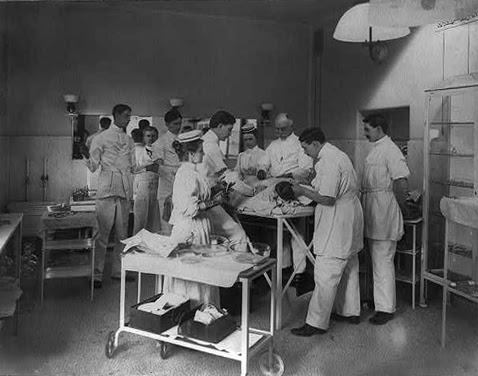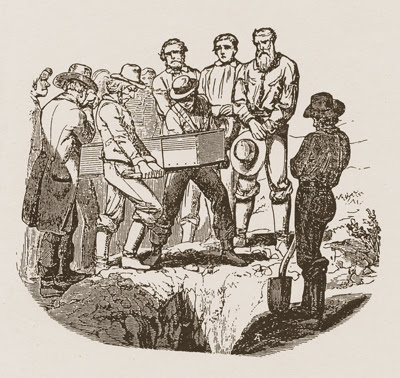I’ve been fascinated lately by the concept of ‘resilience.’
Our ancestors had it. Somehow they made it through wars and food shortages; terrible pandemics; losing a spouse or a child to disease or accidents.
And medical care? Well . . . some of the very best medical treatments back then would be cringe-worthy today. Sure, they had opium, laudanum, and whiskey to dull the pain. But just imagine trying to recover from a leg amputation during the Civil War, or an appendectomy in 1900.

Having a baby wasn’t just a happy event, one hundred years ago. It was a life-threatening one. Some parents watched child after child die before reaching adulthood, from accidents or illness. Families moved across the ocean or across the country in search of excitement and fresh opportunity. But that often meant they never got to see their loved ones or hometowns again.
And yet somehow, despite all their trials and sadness, people kept going. They found ways to bounce back and find joy in life again.
So, how did they do it?
Let’s start with the obvious: People generations ago didn’t expect life to be easy. That’s number one, I think, in the resilience game: understanding that life’s joys and challenges come as a package deal. People back then knew they had to accept the “bitter with the better,” as the old saying goes. Somehow we’re not so geared for that, today.
Part two of our ancestors’ formula: Community really was a ‘thing’ back then. People shared the good and the bad with each other. Weddings were festive community-wide celebrations. Funerals were a time for communal grieving. There may have been petty rivalries, bickering, and disputes in those communities, too. But when pain and loss came along, you knew you weren’t facing the hard times alone.

And perhaps the biggest resilience-secret from days gone by: The connectedness of life meant important reasons to keep going. No matter what, the cows still had to be milked every evening. Family and friends still depended on you to put food on the table or get the hay in the barn. Today, too, simple daily routines reminding us how much we’re still needed can be an incredible steadying force when life throws us a curve ball.
 Hope you’ll be thinking about the wonderful stories of resilience in your own family — they’re more great material for your memoir!
Hope you’ll be thinking about the wonderful stories of resilience in your own family — they’re more great material for your memoir!
_________________
Here are a few writing prompts about ‘resilience’ to help you get started:
* What ancestor or friend was a great resilience model for you? What challenges did they face, and how did they get through them?
* What group or community came together to support you when you really needed it, or were there to share a special happiness? How did that happen, and what did it feel like?
* What strategies have helped you recover from your own challenges or losses? What lessons have you learned about resilience that you’d like to “pay forward” and share with future generations?

